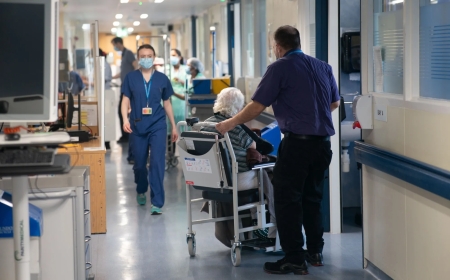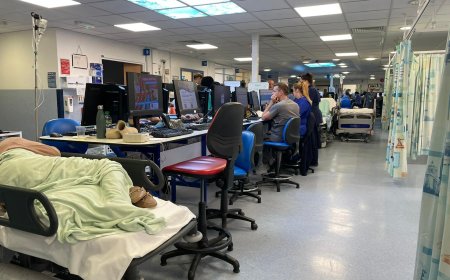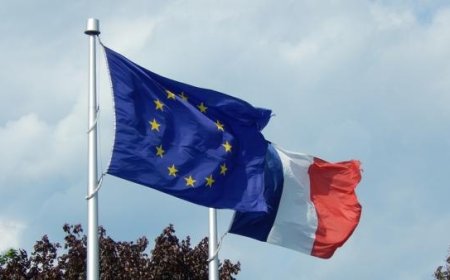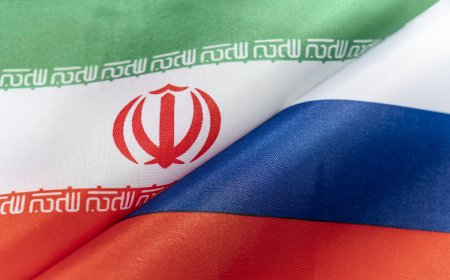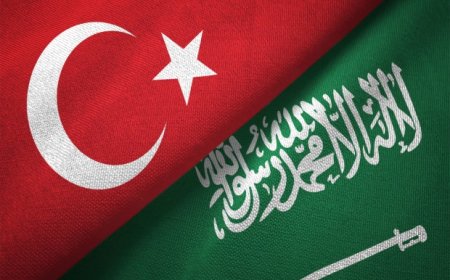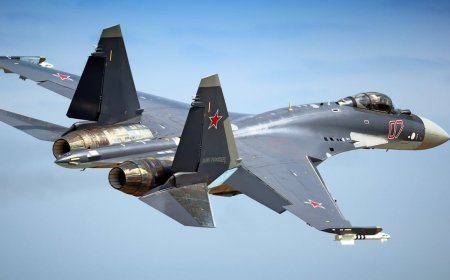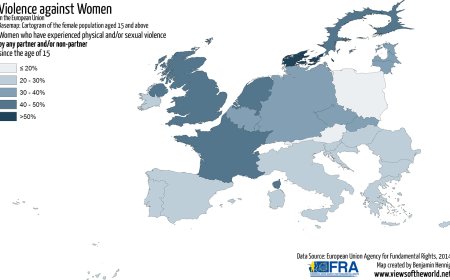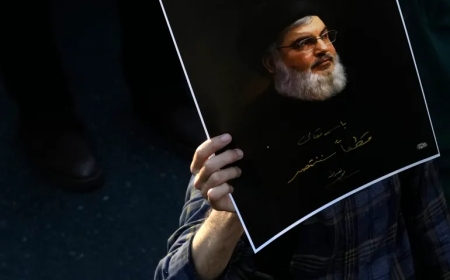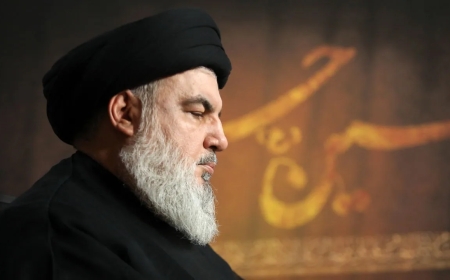Hungary’s Russia-Friendly Leader Visits Ukraine Amid Ongoing War
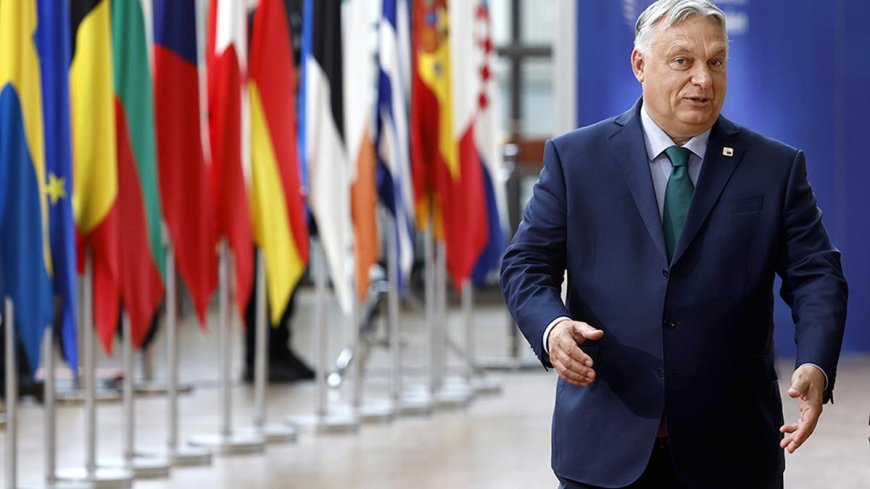
Hungarian Prime Minister Viktor Orbán made his first visit to Ukraine since Russia's full-scale invasion in February 2022, meeting with Ukrainian President Volodymyr Zelenskyy in Kyiv on Tuesday. Orbán emphasized that the war was Europe’s "most important issue" and called for an immediate cease-fire.
Orbán, known for his warm relations with Russian President Vladimir Putin, has maintained a contentious relationship with Ukraine, often blocking or diluting EU efforts to assist Kyiv or sanction Moscow. However, his visit to Ukraine marks a potential shift in bilateral relations. "We are trying to leave the disputes of the past behind us and focus on the period ahead," Orbán stated. "We would like relations between our two countries to be much better."
Calls for Peace
Throughout the war, Orbán has positioned himself as a peace advocate, calling for cease-fires and peace talks without detailing implications for Ukraine’s territorial integrity. During his visit, he reiterated this stance, suggesting that a cease-fire could "speed up peace negotiations." Despite past tensions, Zelenskyy expressed gratitude for Hungary’s humanitarian support to Ukrainian refugees and proposed that Hungary could help organize a second peace summit later this year.
EU Presidency and Future Cooperation
Orbán’s visit coincides with Hungary's assumption of the six-month rotating presidency of the EU, a largely symbolic role that nonetheless allows Hungary to influence the bloc’s agenda. Hungarian officials have pledged to act as "honest brokers," despite concerns from EU lawmakers about Hungary’s suitability for leadership due to its democratic track record. Orbán acknowledged the significance of Russia's invasion and stated that his visit aimed to explore how Hungary could assist Ukraine in the next six months. "The issue of peace is not only important for Ukraine, it is important for the whole of Europe," he said.
Addressing Minority Rights
One of the longstanding issues between Hungary and Ukraine has been the treatment of the ethnic Hungarian minority in Ukraine’s Zakarpattia region. Orbán has used this issue to justify his reluctance to support Ukraine militarily. However, during the visit, he expressed optimism about improving the situation for the minority community and agreed to Zelenskyy’s proposal to establish a Ukrainian school in Hungary for refugee children.
Building a New Alliance
Orbán’s visit also comes as he seeks to form a new nationalist alliance in the European Parliament. Recently, he met with leaders of Austria’s far-right Freedom Party and the Czech opposition to launch "Patriots for Europe." This group aims to become the largest right-wing bloc in the European Parliament, though internal disagreements on issues like the war in Ukraine and cooperation with Russia have previously hindered such alliances.
Orbán’s diplomatic overture to Ukraine, amid his broader ambitions within Europe, suggests a nuanced approach to navigating both regional conflicts and continental politics. His visit highlights the complex interplay between national interests and international alliances as Europe continues to grapple with the repercussions of the Russia-Ukraine war.
